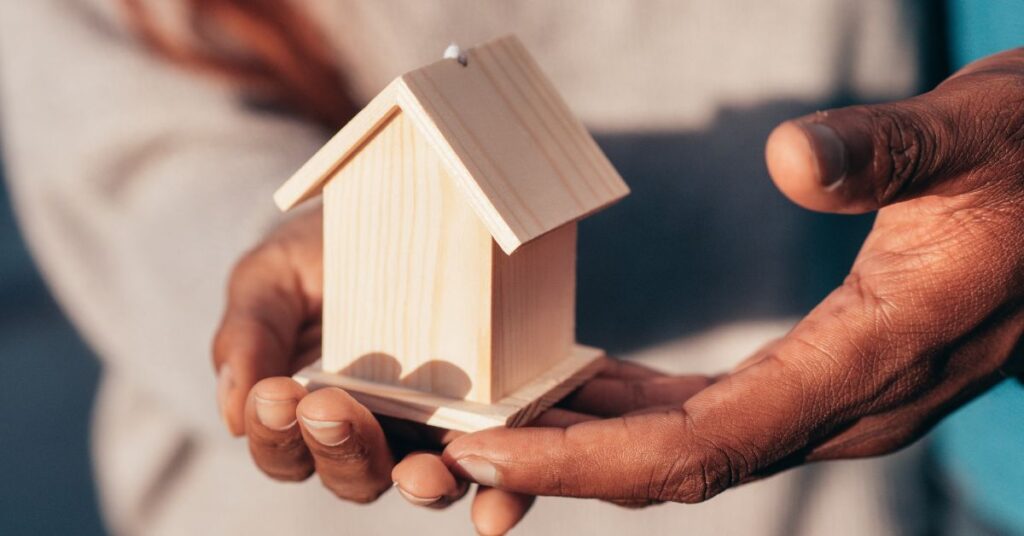Get Expert Financing
- Matched with investor-friendly lenders
- Fast pre-approvals-no W2s required
- Financing options fro rentals, BRRRR, STRs
- Scale your portfolio with confidence
In a land of McMansions, finding the perfect home can seem like a fruitless endeavor. How can you find the right house without spending all your free time searching?
You build your own. Building your home gives you the freedom to put in a sauna in the master bedroom or a greenhouse on your property. You can design custom closets or bookshelves. Anything you want in your home, you can do.
But paying for a custom home is a different story. It’s not as simple as getting a mortgage, which is already a time-consuming process. Overseeing the process of building a home requires the diligence of a Wall Street regulator.
Read below to see what it’s like to build your own home and why it’s not for the faint of heart.
People who want to build a home from scratch apply for construction loans, not mortgages. These loans are more difficult to find and are usually only offered by local credit unions or banks who know the area you’re building in.
Most ask for a 20-25% down payment and a higher credit score before approval since construction loans are considered a riskier product than a typical mortgage. Construction loans have a one-year term and variable interest rates so the amount of interest can change each month.
There are two types of construction loans: construction-only and construction-permanent loans. The former covers the cost of building the house, while the latter pays for those expenses and then turns into a mortgage after the house is complete.
Construction-only loans are riskier for the bank and have higher interest rates because a variety of mistakes can derail construction or put it over budget. Plus, it’s easier for someone to walk away from a half-built house than a dwelling they already live in.
Construction-permanent loans are more popular with everyone involved because the loan is tied to the finished home as well as the construction of it. This type of loan also allows the borrower to nail down their mortgage interest rate as soon as they break ground.
No matter the type of construction loan, every homeowner should keep a separate savings account in case costs exceed the loan. Budget overruns are common when building a house and having cash on hand will prevent you from using a credit card or other form of debt to pay for the difference.
The bank requires you to have a certified or licensed builder to oversee the project. People who want to be the builder or contractor themselves will find it almost impossible to find a willing lender.
After construction starts, the bank doles out money in parcels after the home passes a specific checkpoint, such as when the foundation is poured, or the home is framed. The lender inspects the house each time before releasing the funds.
Banks also need a housing plan and budget before they approve a construction loan, with specific line items. If you request money for an air conditioner that’s more expensive than what the loan says is appropriate, you’ll have to fund the difference yourself. Furniture and decorations aren’t included in the loan.
Once the home is completed, a bank sends out an inspector to determine if it’s ready for occupancy. Only then can the construction be deemed complete after which an appraiser will assign a value to the structure. Then the borrower can convert the construction loan into a mortgage with lower rates. Some lenders might require another down payment on the mortgage.
Our advice is based on experience in the mortgage industry and we are dedicated to helping you achieve your goal of owning a home. We may receive compensation from partner banks when you view mortgage rates listed on our website.

